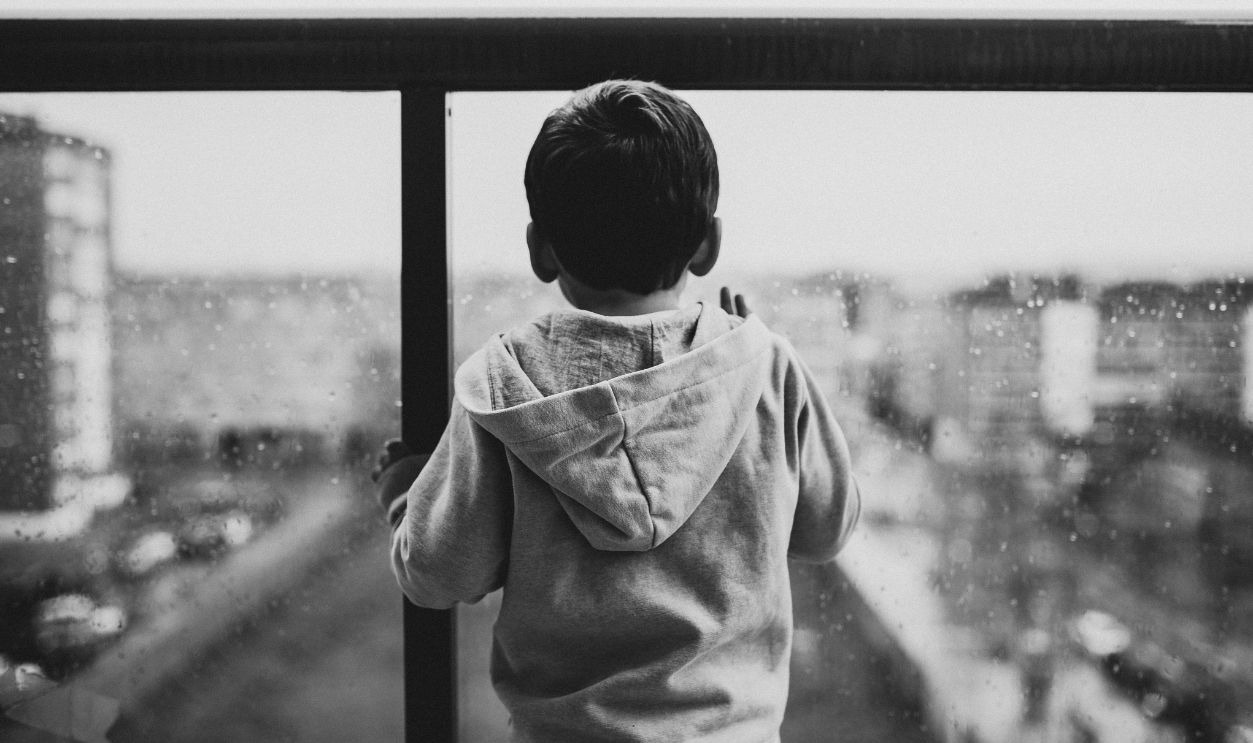Don't Believe Everything You Hear
Mental health shapes us in more ways than you think. While awareness is growing, myths still cloud understanding and prevent honest conversations. These misconceptions can influence everything, be it your thoughts, decisions, or relationships, so let’s clear the air! Here are 10 misconceptions that prevent a healthier, more supportive mindset.
1. Therapy Hints at Serious Problems
If you view therapy as a last resort for those with serious mental issues, it’s time to reconsider. Therapy helps with relationship struggles and personal growth too. Even athletes and CEOs use therapy to sharpen their minds. Everyone deserves mental clarity and balance, not just those battling deep trauma.
2. You Can Identify Every Cue
Smiles can be misleading. People with high-functioning anxiety or depression often hide their struggles behind productivity and positivity. Yet, small changes in their behavior or energy might reveal more than they let on. Sometimes, the friend who seems the happiest is the one who quietly needs support the most.
3. Medication Is a Sign of Weakness
Strength is about healing, not suffering in silence. The myth that medication for mental health is a sign of weakness holds many people back. In truth, medication is simply a tool to address imbalances—just like glasses help with poor vision, mental health medication supports well-being.
4. Kids Don’t Face These Issues
It’s easy to assume childhood is all fun and carefree moments, but kids can struggle with anxiety, depression, and emotional challenges just like adults. Signs such as mood swings, nightmares, or withdrawal from friends often go unnoticed or are dismissed as "just a phase." But early support and understanding can make a world of difference.
5. Talking About It Can Be Problematic
Bottled-up feelings turn into big emotional baggage. So, talk about it. Mental health discussions don’t stir up chaos. They help in finding clarity and maybe even a little peace. The more we open up, the lighter it feels, and the less power the stigma holds over us. Silence always builds walls, but honest words are the bridges that keep us together.
6. People Can "Snap Out of It"
Telling someone to "snap out of it" dismisses the complexity of mental health challenges. Mental health isn't something you can easily control with willpower. Healing takes time, and progress is often slow. So, when someone is suffering, encouragement and understanding are the right ways to help.
7. These Problems Are Rare
Mental health struggles affect many more people than we usually acknowledge. They are common problems, not to be treated as exceptions. One in five adults faces this issue each year, but when it comes to understanding, people fail. It’s high time we normalize seeking help and break the stigma.
8. Self-Care Solves Everything
While self-care is helpful, it’s not a magic cure for mental health. Things like deep breathing or reading a book are great for short-term relaxation, but they don’t address long-term issues like chronic anxiety or depression. In such cases, professional help is also needed alongside family and support groups.
9. Only “Big” Events Can Be the Triggers
It’s a common misconception that only major life events, like trauma or loss, lead to mental health challenges. In reality, stress can build up from small daily pressures, and even seemingly minor struggles can have a huge impact over time. Everyone has a breaking point, and it doesn’t always come from something huge.
10. Mental Health Issues Are a Personal Failing
People don't face mental health challenges due to personal weakness or lack of character. They're influenced by a mix of factors like genetics, environment, and life experiences. That's why you should not blame someone for their struggles. Their situation demands care, not judgment or assigning fault.


















